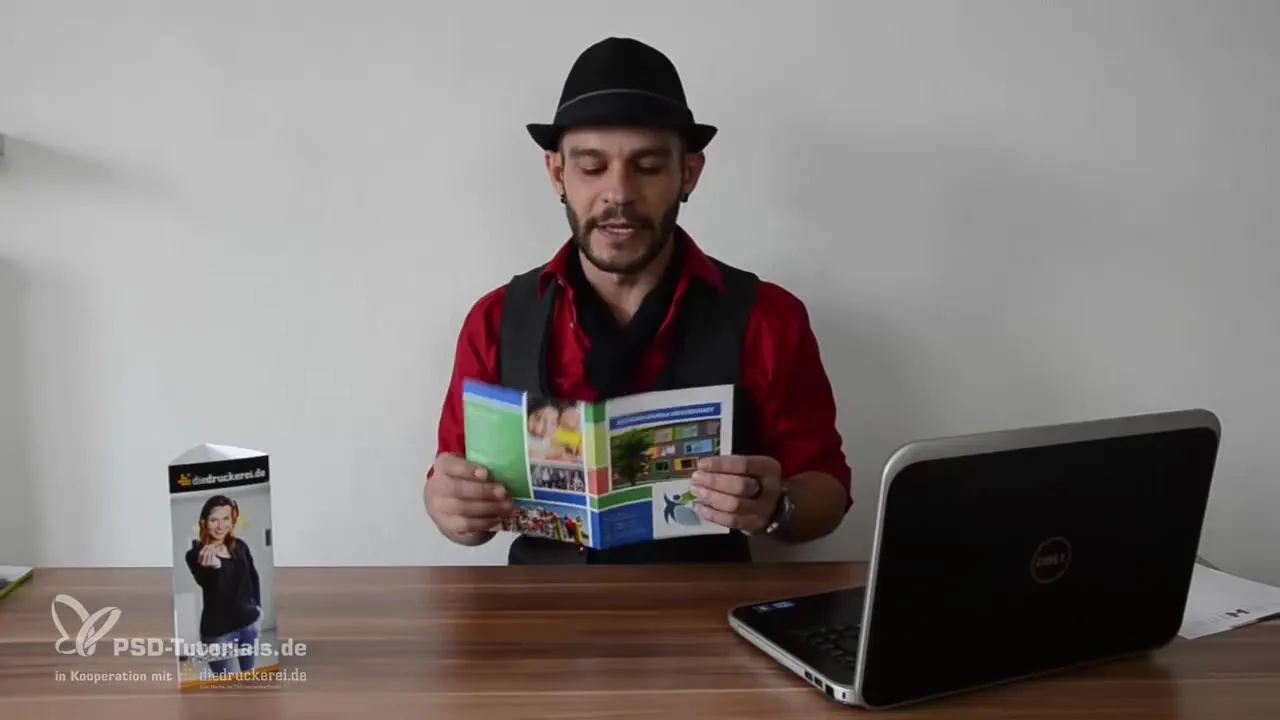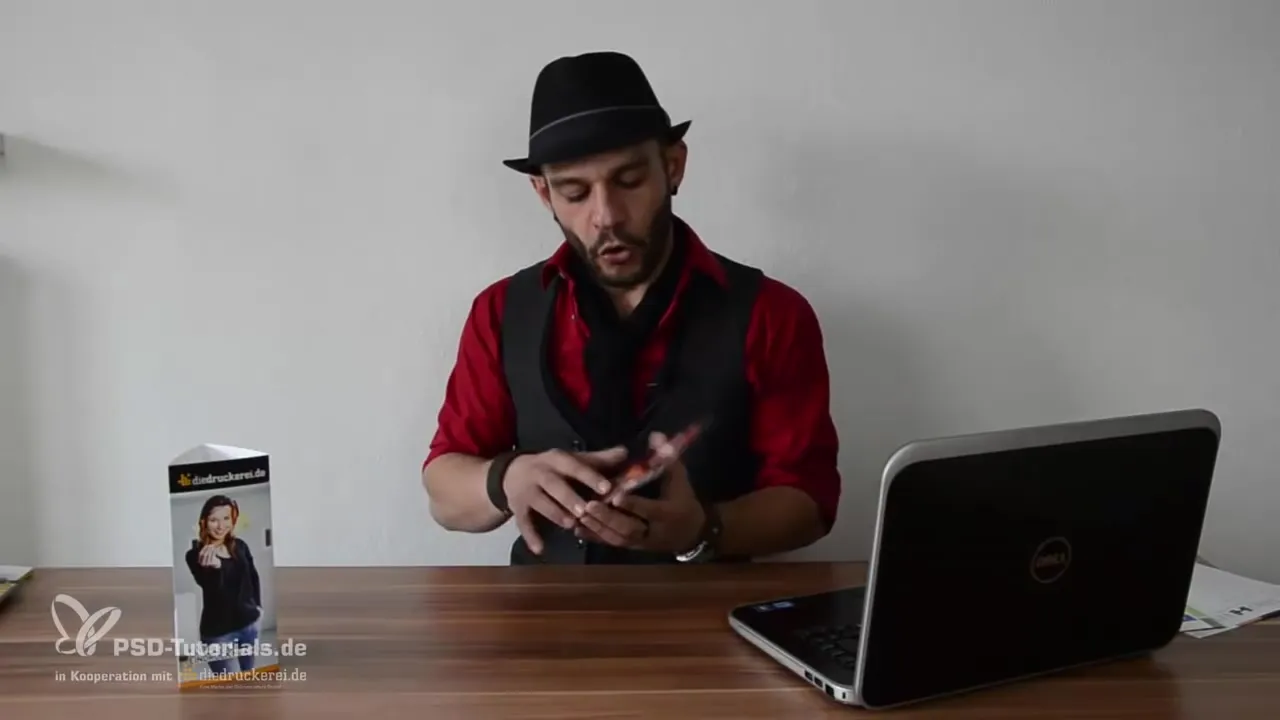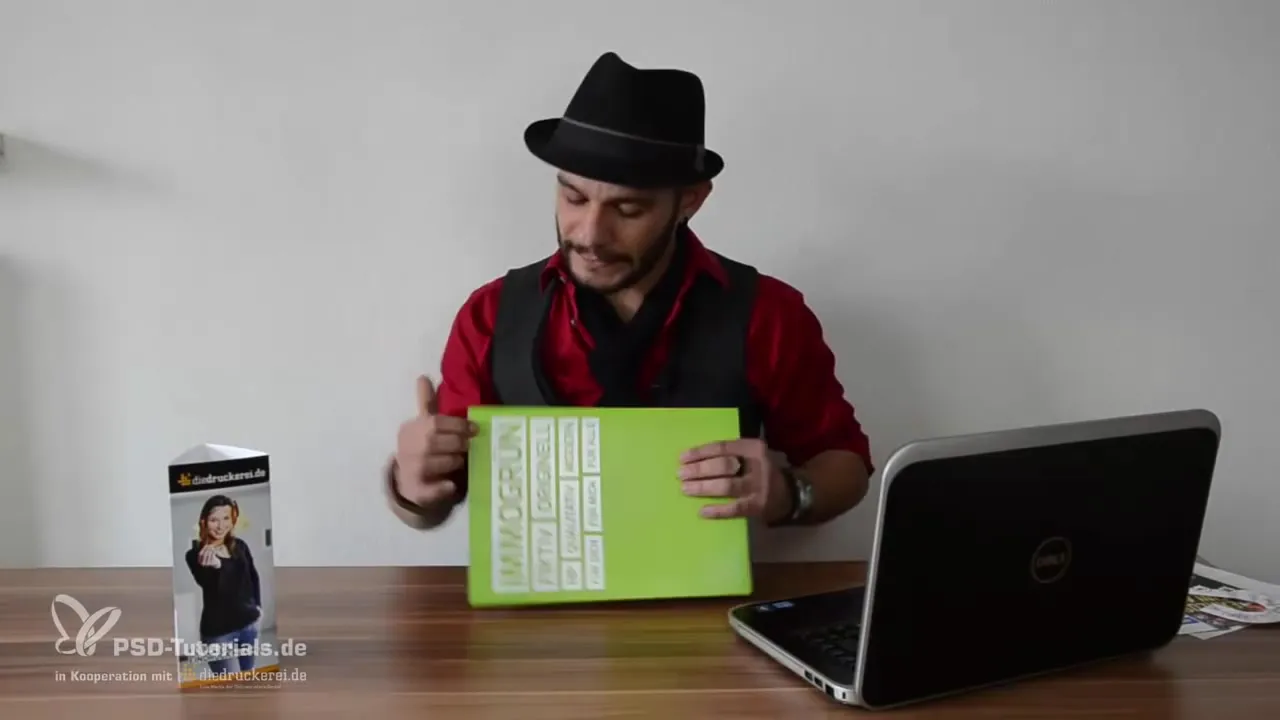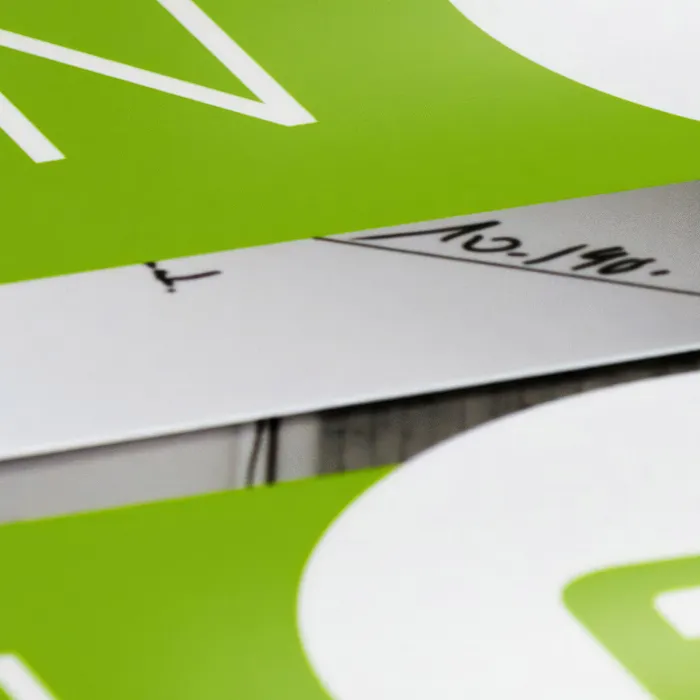The design of print products is an art in itself. When creating print-ready PDFs in InDesign, there are numerous methods and tricks that can elevate your designs to a new level. In this tutorial, I will not only introduce you to the basics of designing fresh print layouts, but also discuss various products you can create with InDesign. Whether it’s stationery, flyers, or special invitations – there are countless ways to bring your creative input into printable formats.
Main insights
Learn the basics of print design in InDesign, discover various layouts, and get valuable tips for creating print-ready PDFs. Each product has its own peculiarities that you should consider.
Step-by-step guide
Basic design considerations
Before you begin your design journey in InDesign, you should make some basic considerations. What do you want to create? What target audience do you have in mind? The answers to these questions will shape your design approach and help you make some fundamental design decisions.

Design examples and inspiration
This video features some design examples that serve as a source of inspiration. These include envelopes, stationery, and versatile flyers. Each of these products presents its own challenges and opportunities. It’s essential that you always tailor your design to the specific needs of the project.

Designing envelopes
The first specific step is designing envelopes. Make sure to design the front and back appealingly. It is important to leave enough space for addressing and postage. A well-designed envelope creates a positive overall impression from the first glance.

Designing stationery
Stationery is another classic example of print layouts. When designing, ensure that the paper is printed on both sides whenever possible. This keeps the overall impression professional and stylish.

Using design grids
Design grids play a crucial role in creating a flyer. They help you bring order and structure to your design. Make sure to place images and texts according to the grid to achieve a harmonious overall appearance.

Using high-quality materials
When designing a product like a greeting card, investing in high-quality materials that provide a pleasant tactile experience is worthwhile. In this step, we will focus on using refinements and special techniques to create a sense of luxury.

Refinements and special printing techniques
Another highlight in print design is refinements like partial UV coatings that add extra shine to your design. Make sure to use these techniques correctly so they match the overall aesthetics of the layout.

Invitation cards with special features
A creative challenge is designing invitation cards that feature special effects like blacklight ink. This creates a wow effect that you can use in many designs to make them stand out from the crowd.

Unusual formats and constructions
Especially with products like door hangers, you can play with shapes and bends. Creative constructions can make your product stand out and leave a lasting impression.

Final steps and preparation for printing
Before your designs go to print, it is important to convert the final files into print-ready PDFs. Pay attention to the correct settings in InDesign and ensure that all images are of sufficient quality.

Summary
In this tutorial, you have learned how to effectively design various print layouts in InDesign. You have been provided with numerous tips and tricks to help you optimize your designs and ensure that you create print-ready PDFs.
Frequently Asked Questions
How do I create a print-ready PDF in InDesign?Use the export function and select the correct print settings.
What refinements can I use in InDesign?Use partial UV coatings or other special printing techniques to enhance your designs.
Can I also design unusual formats?Yes, experiment with different shapes and constructions to create unique products.
What should I consider when selecting materials?Choose high-quality materials that support the feel and look of your print products.
How can I ensure that my design looks good?Ensure that all elements are well placed and harmonize with each other, especially with the help of design grids.

